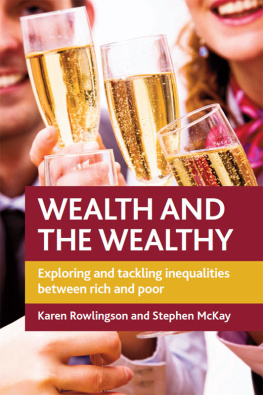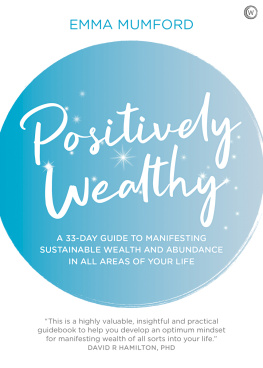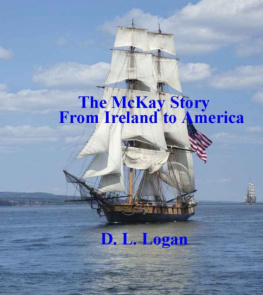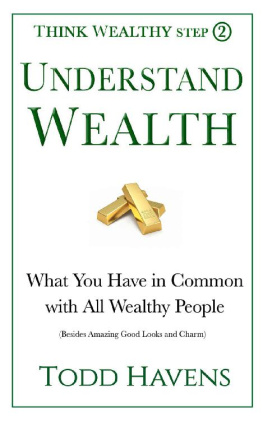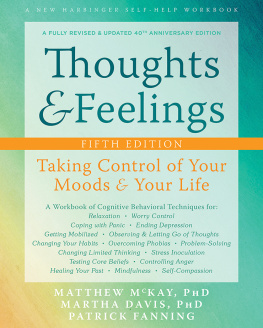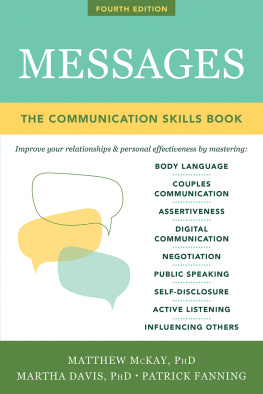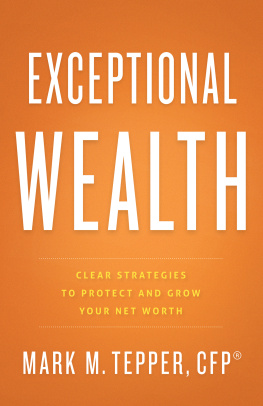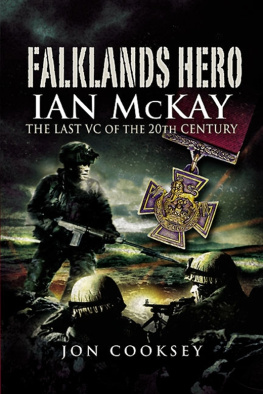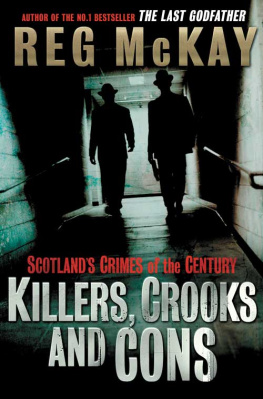Stephen McKay - Wealth and the Wealthy: Why They Matter and What We Might Do About Them
Here you can read online Stephen McKay - Wealth and the Wealthy: Why They Matter and What We Might Do About Them full text of the book (entire story) in english for free. Download pdf and epub, get meaning, cover and reviews about this ebook. year: 2011, publisher: Policy Press, The, genre: Politics. Description of the work, (preface) as well as reviews are available. Best literature library LitArk.com created for fans of good reading and offers a wide selection of genres:
Romance novel
Science fiction
Adventure
Detective
Science
History
Home and family
Prose
Art
Politics
Computer
Non-fiction
Religion
Business
Children
Humor
Choose a favorite category and find really read worthwhile books. Enjoy immersion in the world of imagination, feel the emotions of the characters or learn something new for yourself, make an fascinating discovery.
- Book:Wealth and the Wealthy: Why They Matter and What We Might Do About Them
- Author:
- Publisher:Policy Press, The
- Genre:
- Year:2011
- Rating:3 / 5
- Favourites:Add to favourites
- Your mark:
- 60
- 1
- 2
- 3
- 4
- 5
Wealth and the Wealthy: Why They Matter and What We Might Do About Them: summary, description and annotation
We offer to read an annotation, description, summary or preface (depends on what the author of the book "Wealth and the Wealthy: Why They Matter and What We Might Do About Them" wrote himself). If you haven't found the necessary information about the book — write in the comments, we will try to find it.
Stephen McKay: author's other books
Who wrote Wealth and the Wealthy: Why They Matter and What We Might Do About Them? Find out the surname, the name of the author of the book and a list of all author's works by series.
Wealth and the Wealthy: Why They Matter and What We Might Do About Them — read online for free the complete book (whole text) full work
Below is the text of the book, divided by pages. System saving the place of the last page read, allows you to conveniently read the book "Wealth and the Wealthy: Why They Matter and What We Might Do About Them" online for free, without having to search again every time where you left off. Put a bookmark, and you can go to the page where you finished reading at any time.
Font size:
Interval:
Bookmark:
- Data from the Wealth and Assets Survey (WAS) (ONS, 2010) were supplied by the UK Data Archive. We thank the Office for National Statistics (ONS) (the data collector) and the funders for the availability of this data.
- Data from the Family Resources Survey 2008/09 (FRS) were supplied by the UK Data Archive. We thank the ONS and the National Centre for Social Research (NatCen) (the data collectors) and the Department for Work and Pensions (DWP) (the funders and designers) for the availability of this data.
- Data from the British Social Attitudes Survey (BSAS) were supplied by the UK Data Archive. We thank NatCen (the data collectors and designers) for the availability of this data.
- Data from the Citizenship Survey were supplied by the UK Data Archive. We thank the Department for Communities and Local Government (CLG), Ipsos MORI and BMRB (the data collectors and designers) for the availability of this data.
Font size:
Interval:
Bookmark:
Similar books «Wealth and the Wealthy: Why They Matter and What We Might Do About Them»
Look at similar books to Wealth and the Wealthy: Why They Matter and What We Might Do About Them. We have selected literature similar in name and meaning in the hope of providing readers with more options to find new, interesting, not yet read works.
Discussion, reviews of the book Wealth and the Wealthy: Why They Matter and What We Might Do About Them and just readers' own opinions. Leave your comments, write what you think about the work, its meaning or the main characters. Specify what exactly you liked and what you didn't like, and why you think so.

